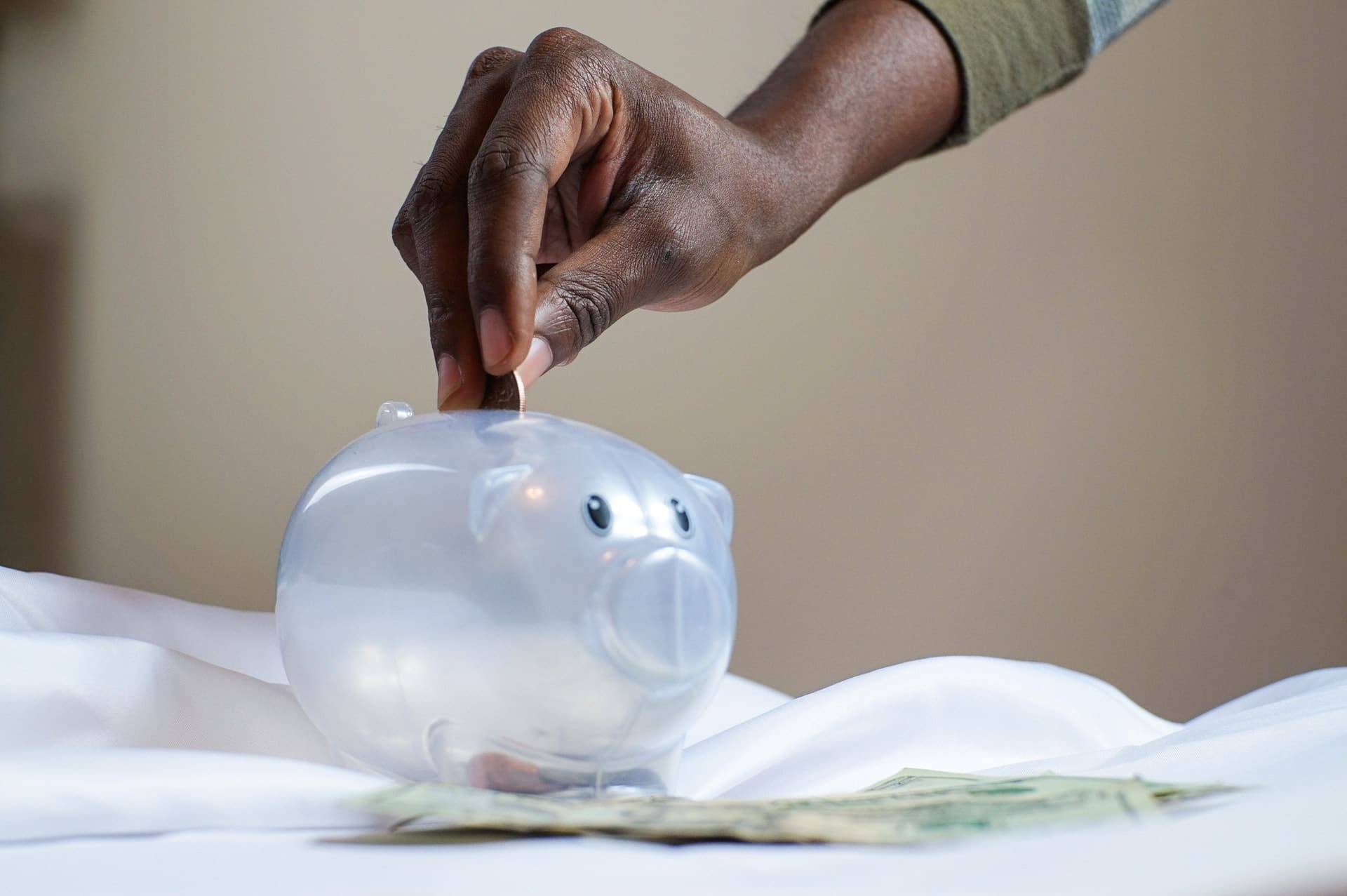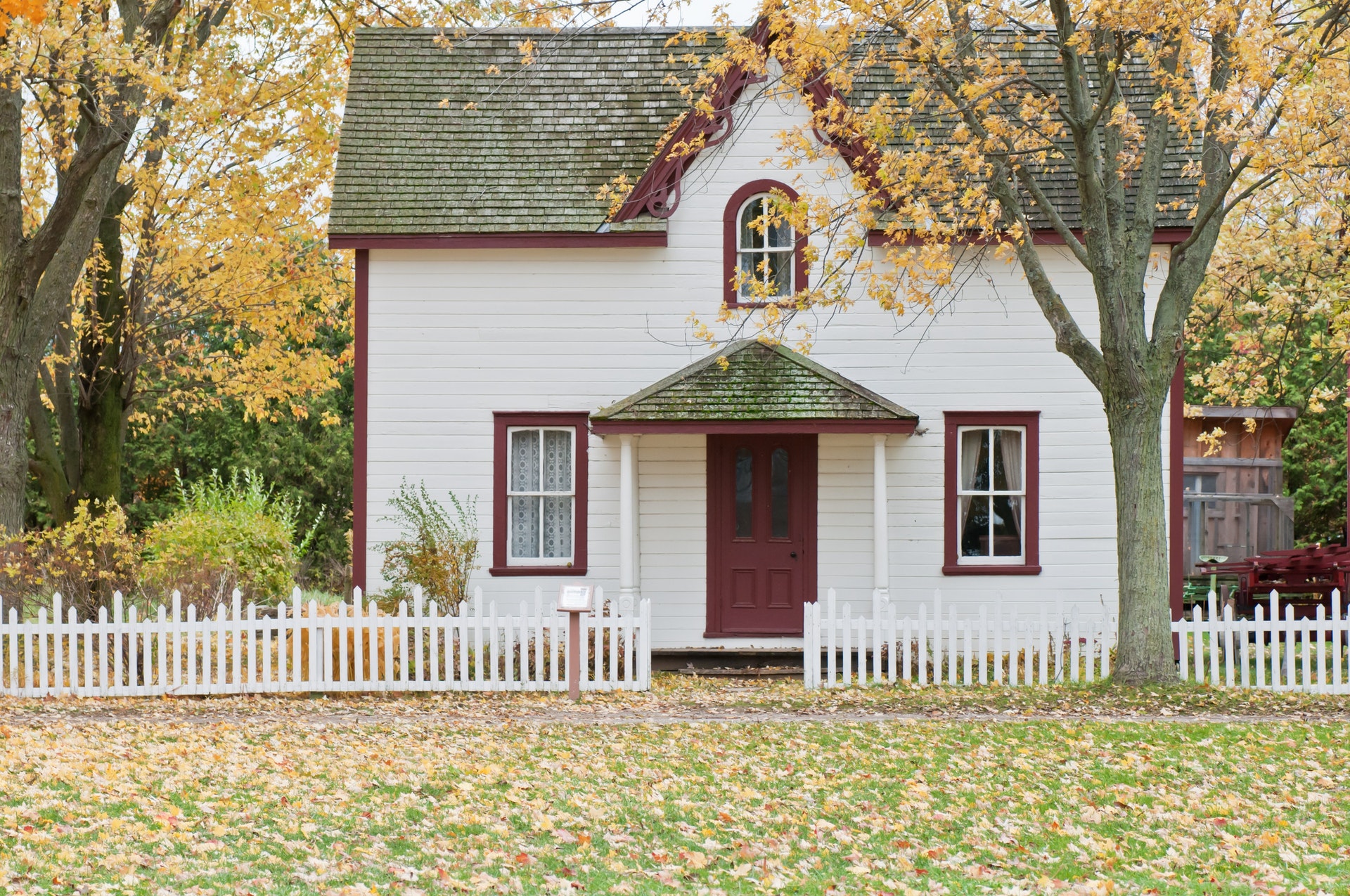Guides / The Divorce Process / WHAT will happen to our family home and savings
Part 6
what will happen to our family home and savings?
Previous part
WHAT IF MY PARTNER HAS CHEATED ON ME?
During divorce proceedings, property and finances are two of the most complex areas. Many married couples will have joint financial assets, such as joint savings or joint bank accounts, which have built up during the years of their relationship. Some married couples will own a family home, either solely or jointly.
Whatever your housing or financial situation, the property and finances side of divorce aren’t automatically accounted for during the process. For these specific areas, you may need to go to court to have the court arrange them on your behalf, often through the use of a divorce financial order.
Finances: Who owns what?
“Marital assets” are the things, properties and finances that you and your partner have built up during your relationship. They are gradually gained over time and most commonly include:
- Properties
- Pensions
- Savings
- Cash in the bank
- Vehicles
- Furniture and appliances
- Stocks, bonds and mutual assets
- Businesses
- Debts
A divorce financial order is responsible for allocating assets and finances to each person during the divorce process. It is possible for ex-partners to write an informal financial plan themselves, however, this agreement will not be legally binding and could very easily be broken. That’s why a financial order is so critical; it’s a legally binding contract.
During your divorce, your assets and finances won’t be divided 50/50.
Instead, the court will consider the relative needs of each person, as well as factors such as personal income and who has acquired what debts. For example, suppose one person is economically disadvantaged, earns less in general or is the primary carer of any children involved. In this case, their needs will be greater than the other partners and will likely be given more in the divorce settlement agreement.

How does a financial order work?
A divorce financial order can ensure that any financial obligations between you and your ex are legally set in stone. For example, if you have joint bank accounts that need to be split, shared savings that will need to be sorted out or if you are both financially responsible for certain things, you will need a legally binding agreement to outline who owns what.
You can apply for a divorce financial order during or after your divorce. A consent order and a clean break order are the two main forms of divorce financial orders which the court will provide you with.
Couples who want to split their marital assets and make their financial settlement legally binding will need to apply for a consent order. The court will review your application and, when approved, the agreement will become legally binding. A clean break order is an alternative type of divorce financial order, which will be for couples who don’t have any joint marital assets, but still wish to protect their finances.
what happens if we agree?
In an amicable divorce, some spouses can develop a divorce financial settlement together if the relationship ended on good terms or if their marital assets are relatively simple. In this situation, you can write the agreement and agree on everything within it without a solicitor’s help.
However, this doesn’t mean that the document is legally binding. To make your document legally certified, it will need to be witnessed and signed by a solicitor. Your solicitor will need to draft a consent order, which the court can then approve.
what happens if we don't agree?
Sometimes, one or both spouses may not agree with the financial settlement. Disagreements can arise if one partner refuses to discuss finances or if the finances are particularly complicated.
If partners can’t agree, they will have to go to a judge and have them issue a financial court order.
If you don’t reach a financial agreement and don’t apply to the court to approve it, then you risk encountering issues down the line. This means potential claims against your money or claims against your pensions will be possible, even years after the divorce.

what will happen to my family home?
Your family home arrangements depend on who owns the property, how long for, who pays for the mortgage and whether you can come to an agreement or not. When it comes to managing your property in the event of a divorce, you have a few common options, which include:
- Selling the house and splitting any money between you. This can be decided by yourselves or by the court and does not have to be split 50/50
- You can outbuy the other partner and remain in the property
- One partner can remain in the house and the other can purchase a stake in the house. This means they would get a certain amount when the house is sold.
- One partner can remain in the house until a certain time when it can be sold (e.g until all children turn 18)
Your divorce settlement will explain what happens to the property. This can be agreed upon in the financial order, or again, could be drafted in an informal written agreement between the two of you. Similarly to finances, a court order is legally binding, so if either party breaks the agreement, they may be liable for payments, or more, in the future.
what happens if we agree?
If you and your spouse can both agree on what happens with the family home, you should still consider getting a consent order in place which agrees on what you have decided to do. For example, you may decide to continue living in the family home until an appropriate date in the future, but having this in writing could be essential in protecting this decision.
If both parties agree on the immediate sale of the property, it is still best to have a consent order put in place. This is to make sure that the division of the proceeds is fair and equal, and the court has agreed to the decision.
what happens if we don't agree?
There are a number of options that the court may make if you and your spouse disagree on what will happen to your property. These are known as property adjustment orders, and the court will make its decision based on factors such as child welfare and individual finances.
CONTACT US TODAY FOR YOUR DIVORCE FINANCIAL ORDER
LGBT Lawyers is here to help. Our friendly team are on hand to connect you with the best possible divorce lawyer for your case.
SPEAK TO OUR TEAM ON 020 3795 9020
Next part
WHAT WILL HAPPEN IF WE HAVE CHILDREN?
The LGBT Lawyers Difference
At LGBT Lawyers we tailor our legal services specifically to the LGBT community and everything that being LGBT entails. As an LGBT individual you deserve legal advice that is free from any attitude or judgement. Our network of regulated and qualified LGBT Lawyers will ensure your legal requirements are met.
LGBT Lawyers earnt its fantastic reputation from its fearless commitment to Our clients’ cases
BECAUSE YOUR FIGHT IS OUR FIGHT.
Call Today
020 3795 9020
Our Email
INFO@LGBTLAWYERS.CO.UK
Our Address
39 CHURCH ROAD, HOVE, BN3 2BE
Need a DIVORCE Lawyer Now?
If you need to get a divorce, please give us a few details and a brief outline of your matter, and we’ll put you in touch with an expert divorce Lawyer.
* indicates that a field is mandatory. Please note all enquiries are handled by our referral partner Britton and Time Solicitors and that by submitting an enquiry, you are providing your permission for your contact and case details to be passed on to Britton and Time Solicitors.
